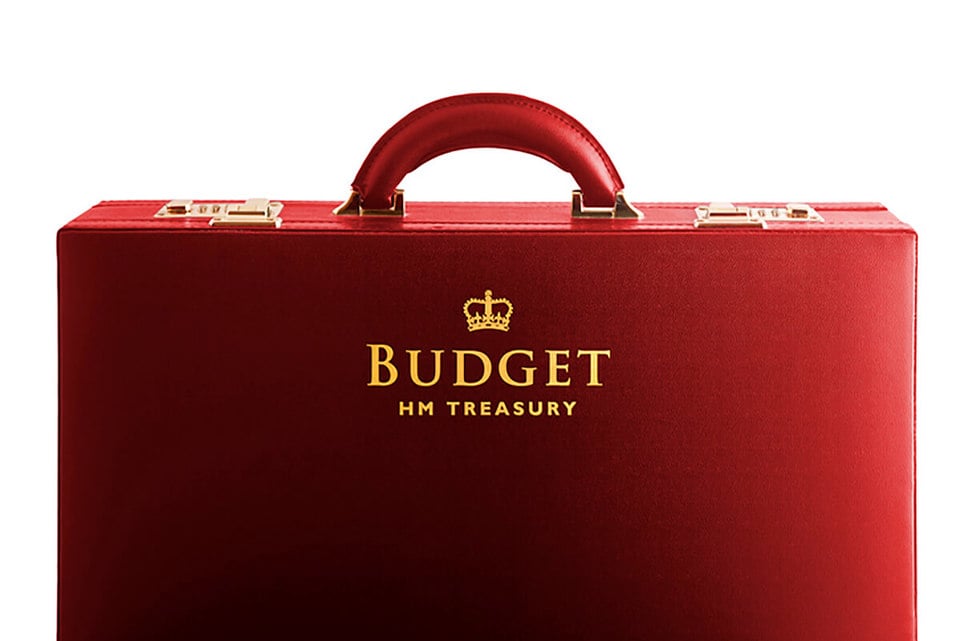The British Vehicle Rental and Leasing Association (BVRLA) has written to the Chancellor ahead of the Autumn Budget, urging him to consider the adverse implications of placing a further tax burden upon the company car market.
In the association’s submission to Philip Hammond, BVRLA chief executive Gerry Keaney draws parallels between the successive rise in business motoring taxation and the upward trend of people taking cash allowances to finance their own vehicles instead of opting for greener cleaner company cars.
Government figures show that the number of company car drivers has remained static for the past seven years while the UK economy has grown consistently. The BVRLA believes that many potential company car drivers have chosen to finance their own vehicles in the face of a steep rise in company car benefit-in-kind tax rates. The corresponding period has seen a significant increase in demand for personal contract hire.
The average new company car has lower carbon emissions than the average new car and the BVRLA believes that this tax hike-induced drain away from company-provided vehicles has contributed to the recent increase in average new car emissions.
BVRLA chief executive Gerry Keaney said: “Successive Budget announcements have seen the overall tax take from the business motoring sector rise sharply and this is now having a negative impact on average car CO2 emissions, which have risen year-on-year."
The association has also urged the Chancellor to consider the economic and political consequences of raising tax from diesel company car drivers, who are often essential business users undertaking long and frequent journeys in vehicles fitted with the latest engine technology.
With 99% of the country’s 4.4 milllion commercial vehicles powered by diesel technology, Keaney emphasises that diesel still has an important role to play. He said: “For as long as there is no other suitable cost-effective and practical alternative on the market, diesel powertrains will continue to play a vital role for transporting goods and people around the UK.”
The submission to the Chancellor makes clear that punishing employers and their employees for using or selecting a diesel car would be wholly inappropriate and grossly unfair.
As the introduction of the new WLTP (Worldwide harmonised light vehicles test procedure) regime starts to roll out, Keaney has also called upon the Chancellor to give the industry time to transition its systems and processes before basing any CO2 related taxes on the new testing system.
“We would recommend that all CO2 related taxes continue to use the existing NEDC CO2 values until April 2021,” he said.
Elsewhere in its submission, the BVRLA made the following recommendations:
- Review of the VED regime to encourage the selection of the cleanest and greenest cars
- Amendment of the VED refund rules to allow rental companies to get a full refund on cars sold in the first year
- Bring forward the introduction of the 2% zero emission band for the company car tax regime to 2018/19
- Enhanced capital allowances for leased commercial vehicles
- Change to VAT rules to allow full reclaim of VAT on electric vans with a payload of less than one tonne


















marf - 11/10/2017 13:58
I presume the commercial vehicles include diesel buses. This type of vehicle needs a special emissions test as they are starting and stopping a lot more in city centres. In fact why is it not mandatory to fit buses with start stop technology.